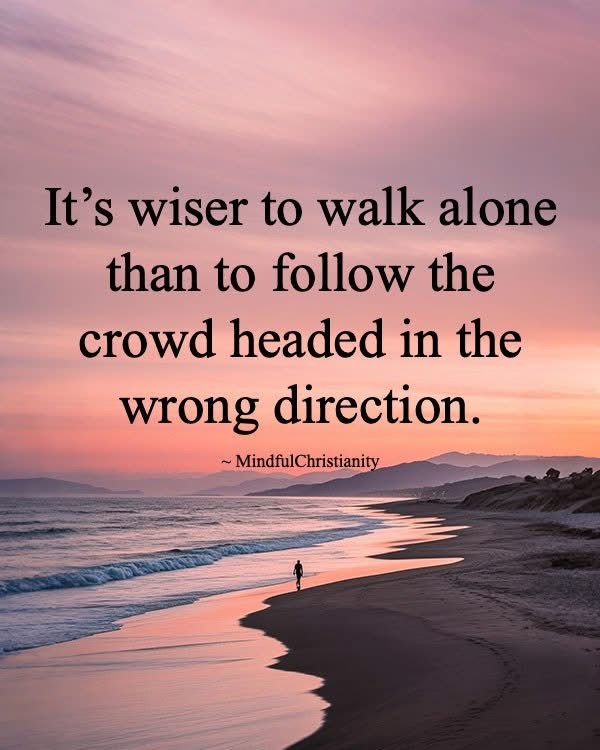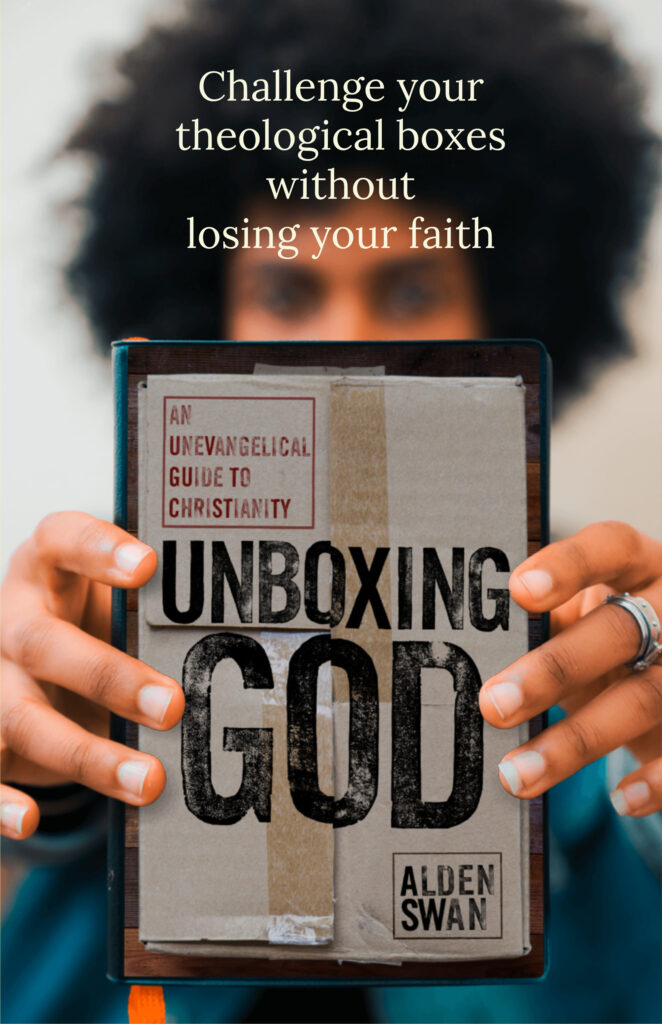Many people assume that conservative American evangelicalism faithfully represents historic, biblical Christianity. The reality is that it’s not even a passable imitation. This is one of the central themes of my book Unboxing God: An Unevangelical Guide to Christianity, although in broader scope than what I am discussing here, which is focused on the current political-evangelical American religion.
My basic premise is this: Beginning around the 4th Century, well-meaning but flawed theologians not only created various forks in the theological road, but actually created theological frameworks—boxes, if you will—that constrained future theologians who kept creating boxes within boxes. In the USA this has led to what is a rather uniquely American conservative evangelicalism which is rapidly becoming a kind of state religion.
This evangelical-political hybrid religion has very little in common with historic Christianity, other than claiming the Bible as its foundation. It has all but abandoned the ethos of Jesus and the movement he originally established as found in the Gospels and Epistles. Empathy is branded as a sin, mercy as weakness, and the Sermon on Mount is dismissed as impractical or irrelevant for today’s world.
It has become increasingly difficult to separate American evangelicalism from conservative politics. While there is still a belief in “personal salvation” (a concept itself worthy of scrutiny), the American Christian identity appears to be inextricably intertwined with conservative political and social beliefs.
Putting things in order
I think many of us have assumed that American evangelicalism is simply historic Christianity adapted to fit an American context—at least that is what many evangelicals believe and promote.
But what if we’ve got it backwards?
What if American evangelical Christianity is not a subset of historic Christianity, but rather a subset of Americanism? If that’s true, then the dominant identity shaping American Christianity isn’t the gospel—it’s the culture of America itself.
I think many of us would have to agree that we identify ourselves first as Americans, and secondarily as Christians, whether that be Catholic, Lutheran, evangelical, or otherwise. Do we see ourselves as Americans who are Christian, or simply Christians who happen to live in America? Which is the controlling culture? Which culture’s ideals are bent to fit the other?
The other day I came across this quote by Margaret Atwood, from The Handmaid’s Tale: “Now and again we vary the route; there’s nothing against it, as long as we stay within the barriers. A rat in a maze is free to go anywhere, as long as it stays inside the maze.”
This, I think, points out one of our errors as American Christians. We see ourselves as free, but we are all like rats in a maze; we are only free to jump from church to church as long as we stay inside the maze of Americanism. This, I believe, is spiritual ruin. It not only colors our religion but walls us off from the church universal.
Getting out of the box
To rediscover authentic Christianity, we must leave the maze entirely. To find authentic, historic, and yes, Biblical Christianity, we have to step out of the entire box of Americanism—as revolutionary as that sounds in today’s political climate—as well several centuries of theological box-building to reconnect with the essence of Jesus’ message.
Jesus was apolitical. He not only set himself as outside of Roman rule, but also outside the Jewish political and cultural system of his day. He was anti-xenophobic. He was anti-legalistic. His attitude toward Roman rule was essentially “whatever.” He was more directly opposed to the Jewish religious system, as it had placed God inside of a religious and cultural box not unlike our American one and tore it down, offering a way out.
To reconnect with the ethos of Jesus and the Kingdom of God that he preached, we must do the same. We need to disentangle our faith from politics, nationalism, and cultural identity. That doesn’t mean we withdraw from society. It means we begin to see the world with the eyes of God rather than seeing God through the eyes of our culture.
We don’t argue left versus right, but judge whether something is driven by love versus hate. We are anti-xenophobes, because we see that there is no “other” in the Kingdom of God.
I am not suggesting for a moment that we disengage from our communities, or even from politics. What I am suggesting is that we do engage from a position informed by the gospel of “for God so loved the world…” rather than by some temporary ideology or political agenda.
As the apostle Paul put it, anything less is “no gospel at all.”




